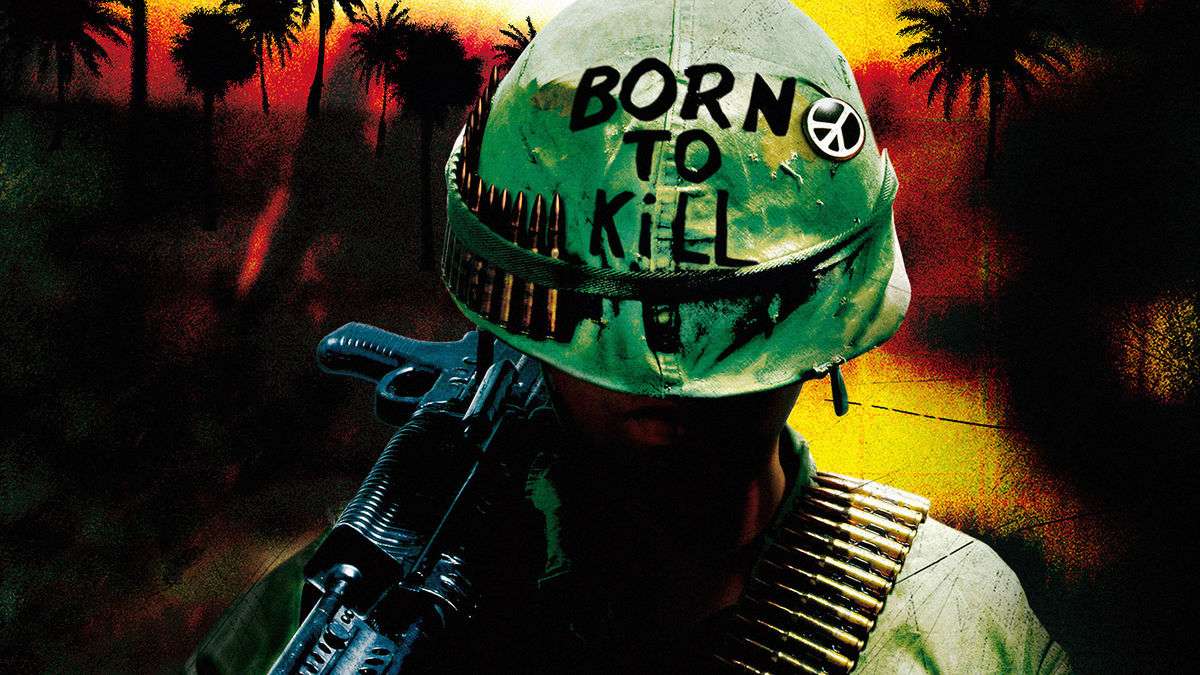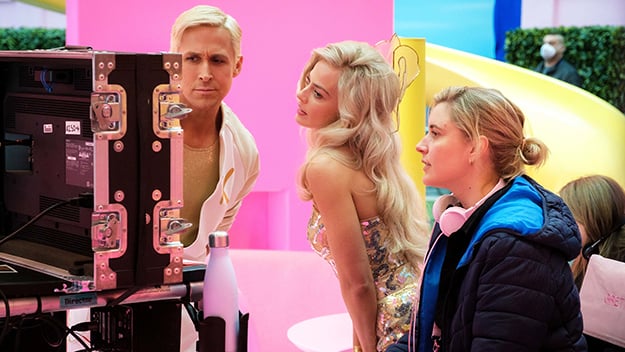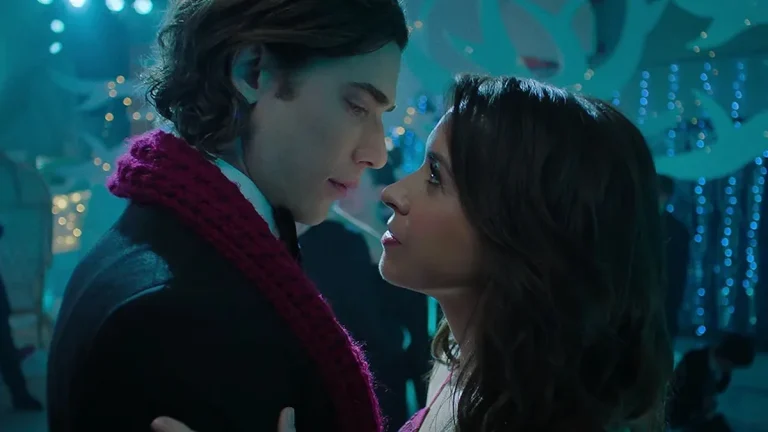Small details can have a significant impact, and their absence is often quickly noticed. That’s also the concern of actor Matthew Modine, who slammed Prime Video for eradicating a small yet significant part of his 1987 film “Full Metal Jacket.” The actor who portrayed the role of Private Joker in the film recently took to his X handle (formerly known as Twitter) and shared a candid post where he bluntly expressed his issue with Prime Video censoring part of the poster for “Full Metal Jacket.” Modine slammed the streamer for removing the “Born to Kill” writing from his character’s helmet on the film’s VOD purchase tile.
His tweet reads,
“Who decided to remove ‘BORN TO KILL?’ Not only did they alter a piece of iconic art by Philip Castle, but they completely misunderstood the point of it being there. Pvt. Joker wears the helmet with ‘BORN TO KILL’ and the peace button as a statement about ‘the duality of man.'”
What is Full Metal Jacket about, and what significance does the helmet hold?

In 1987, visionary filmmaker Stanley Kubrick delivered one of his masterpieces. Full Metal Jacket is a war black comedy-drama based on Hasford’s 1979 novel The Short-Timers and stars Matthew Modine, R. Lee Ermey, Vincent D’Onofrio, and Adam Baldwin. The storyline follows a platoon of U.S. Marines through their boot camp training at the Marine Corps Recruit Depot on Parris Island, South Carolina. The first half of the film focuses primarily on privates J.T. Davis and Leonard Lawrence, nicknamed “Joker” and “Pyle,” who struggle under their abusive drill instructor, Gunnery Sergeant Hartman. The second half portrays the experiences of Joker and other Marines in the Vietnamese cities of Da Nang and Huế during the Tet Offensive of the Vietnam War.
To date, the film continues to be a topic of debate, as the scene involving the “duality of man” line is certainly among the moments that continue to generate discussion. The scene in question sees Private Joker confronted by a colonel, who questions why he has both a peace symbol pin and “born to kill” written on his helmet. Joker replies that he was “trying to suggest something about the duality of man.“
The exact meaning of this phrase is not explicitly mentioned anywhere in the movie. However, the Joker’s character has indeed shown himself to exhibit this duality throughout the movie.
The title of the film refers to the full metal jacket bullet used by military servicemen. But when we delve deeper into the theme of the film and how critics have analyzed it, we get to know that while the movie is centered around war themes, it is also a journey of identity. Michael Pursell’s essay “Full Metal Jacket: The Unravelling of Patriarchy” (1988) was an early, in-depth consideration of the film’s two-part structure and its criticism of masculinity. Pursell wrote that the film shows “war and pornography as facets of the same system.” Meanwhile, renowned film critic Roger Ebert saw the film as an attempt to tell the story of individual characters and the war’s effects on them.
But Julian Rice, the author of Kubrick’s Hope, saw the second part of the film as a continuation of the Joker’s psychic journey in his attempt to understand human evil. Many such reviewers aimed for a similar interpretation of the film that focused on the characters’ dilemmas. For instance, the Joker exists somewhere on this line and is shown to be torn between holding onto his humanity and personal identity and becoming a numb killer.
Full Metal Jacket is undeniably a must-watch film, and Modine’s stance on Prime Video censoring the poster cannot be overlooked. The streaming platform’s alteration indeed makes the film seem like it misses a key theme.





